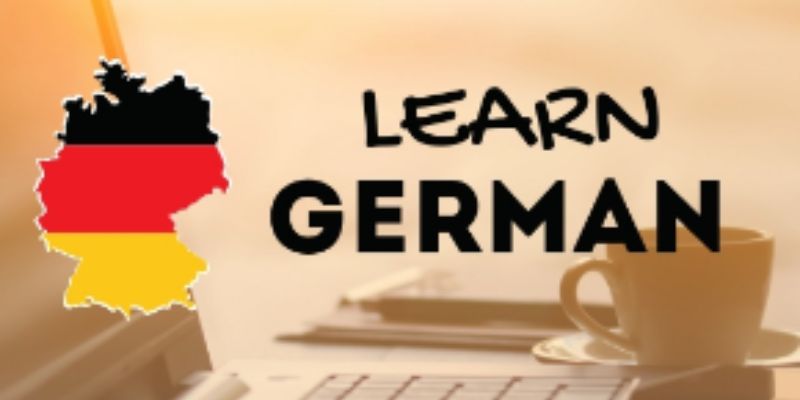
Introduction
Migration has been a constant factor in shaping the demographics and cultural landscapes of nations worldwide. As people move across borders, they bring with them their languages, traditions, and ways of life. In the context of Germany, a country with a rich linguistic heritage, the influx of migrants has posed both challenges and opportunities for linguistic integration, particularly concerning the German language. This blog explores the Challenges and Opportunities Faced by Migrants Learning German. Additionally, it discusses the significance of resources like German Language Course in Chennai for migrants, emphasizing the importance of accessible language learning opportunities in facilitating their integration process.
Understanding Linguistic Integration
Linguistic integration refers to the process by which individuals acquire proficiency in the language of their host country, enabling them to communicate effectively in various domains of life, including education, work, and social interactions. In the case of Germany, linguistic integration primarily revolves around learning and mastering the German language, which serves as the primary medium of communication in everyday life.
Challenges Faced by Migrants
-
Language Barrier
One of the foremost challenges faced by migrants in Germany is overcoming the language barrier. For many newcomers, especially those with limited prior exposure to German, acquiring proficiency in the language can be a daunting task. This barrier can impede their access to essential services, employment opportunities, and social integration. Consider embarking on a journey to Learn German Language Online at FITA Academy, which not only enhances appreciation for German cuisine but also provides insight into the country’s history, traditions, and way of life.
-
Educational Disparities
Migrant children often encounter disparities in educational outcomes, partly due to language-related challenges. Differences in language proficiency and educational backgrounds can affect their academic performance and hinder their overall integration into the education system.
-
Socioeconomic Factors
Socioeconomic factors, such as poverty and housing instability, can exacerbate linguistic integration challenges for migrants. Limited access to resources and support networks may impede their ability to engage in language learning activities and participate fully in society.
Opportunities for Integration
-
Language Acquisition Programs
To address linguistic integration challenges, various language acquisition programs and initiatives have been implemented across Germany. These programs offer language courses, cultural orientation sessions, and support services to help migrants develop their language skills and navigate their new environment more effectively.
-
Community Engagement
Community engagement plays a vital role in facilitating linguistic integration. Through interaction with native speakers and participation in community events and activities, migrants have opportunities to practice their language skills in real-life contexts, fostering social connections and cultural exchange.
-
Employment and Vocational Training
Access to employment and vocational training programs can significantly contribute to linguistic integration by providing migrants with opportunities to apply their language skills in professional settings. Job-specific language training and internships help bridge the gap between language learning and practical use in the workplace.
Conclusion
This blog explores the Challenges and Opportunities Faced by Migrants Learning German. In conclusion, linguistic integration is a multifaceted process that poses challenges and offers opportunities for migrants in Germany. Through language acquisition programs, community engagement initiatives, and employment opportunities, migrants can not only overcome linguistic barriers but also contribute to the rich cultural tapestry of German society. For those eager to delve further into German culture, enrolling in a German Language Course In Bangalore offers a gateway to unlock deeper connections with the country’s heritage, fostering a deeper appreciation for its cultural riches and linguistic nuances.
Also Check: How To Learn German
